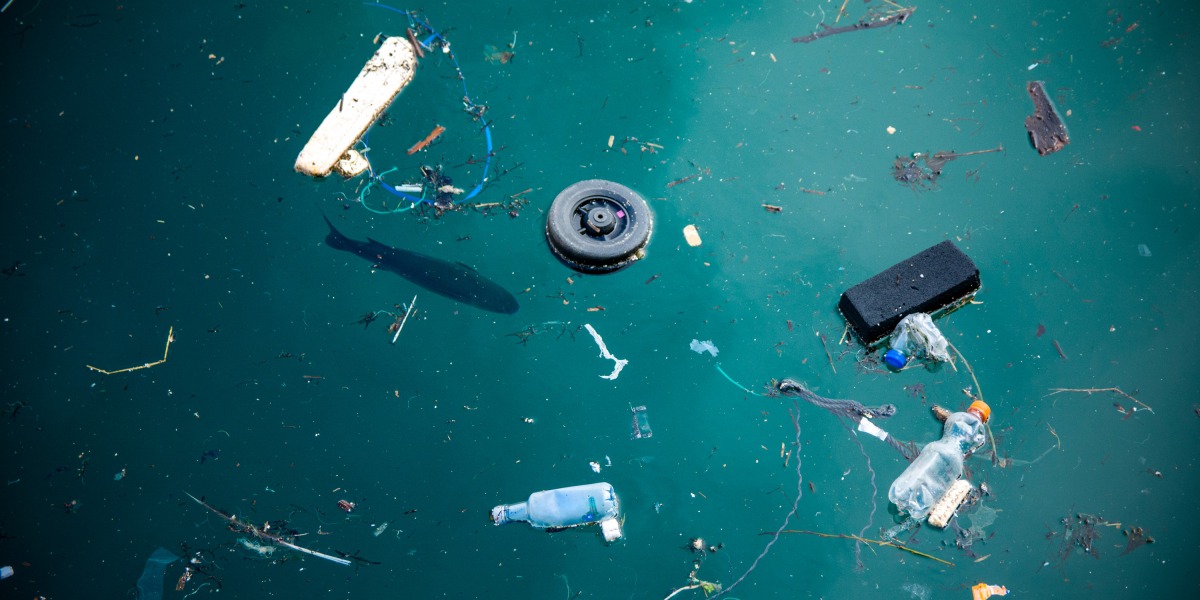
The news: While we know that tiny pieces of plastic are everywhere, we don’t fully understand what they’re doing to us or other animals. Now, new research in seabirds hints that it might affect gut microbiomes—the trillions of microbes that make a home in the intestines and play an important role in animals’ health.
The findings: Seabirds ingest plastic from the ocean, which can accumulate in their stomachs. The research shows it leaves the birds with more potentially harmful microbes in the gut, including some that are known to be resistant to antibiotics, and others with the potential to cause disease.
Why it matters: The report expands our view on what plastic pollution is doing to wildlife, and shines a light on the wide spectrum of adverse effects brought about by current plastic levels in the environment. The next step is to work out what this might mean for their health and the health of other animals, including humans. Read the full story.
—Jessica Hamzelou
What if we could just ask AI to be less biased?
Think of a teacher. Close your eyes. What does that person look like? If you ask Stable Diffusion or DALL-E 2, two of the most popular AI image generators, it’s a white man with glasses.
But what if you could simply ask AI models to give you less biased answers? A new tool called Fair Diffusion makes it easier to tweak AI models to generate the types of images you want, such as swapping out the white men in the images for women or people of different ethnicities. A similar technique also seems to work for language models.
These methods of combating AI bias are welcome—and raise the obvious question of whether they should be baked into the models from the start. Read the full story.
